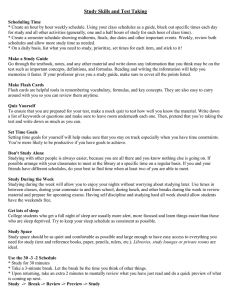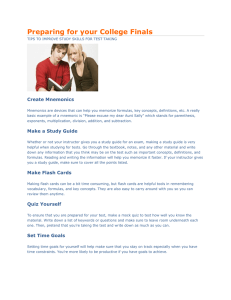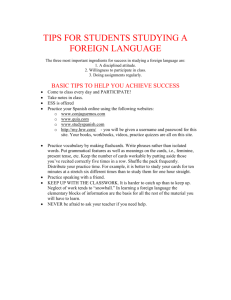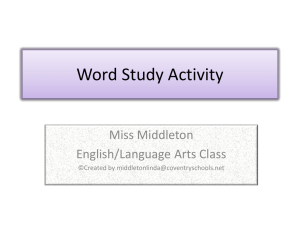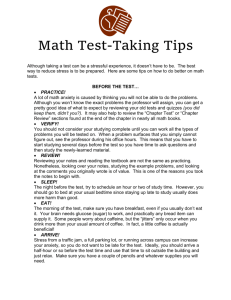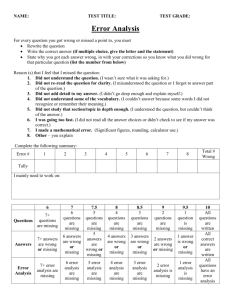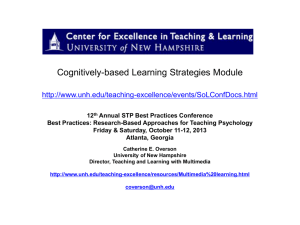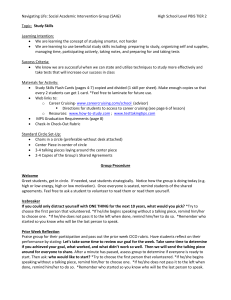Study Tips
advertisement
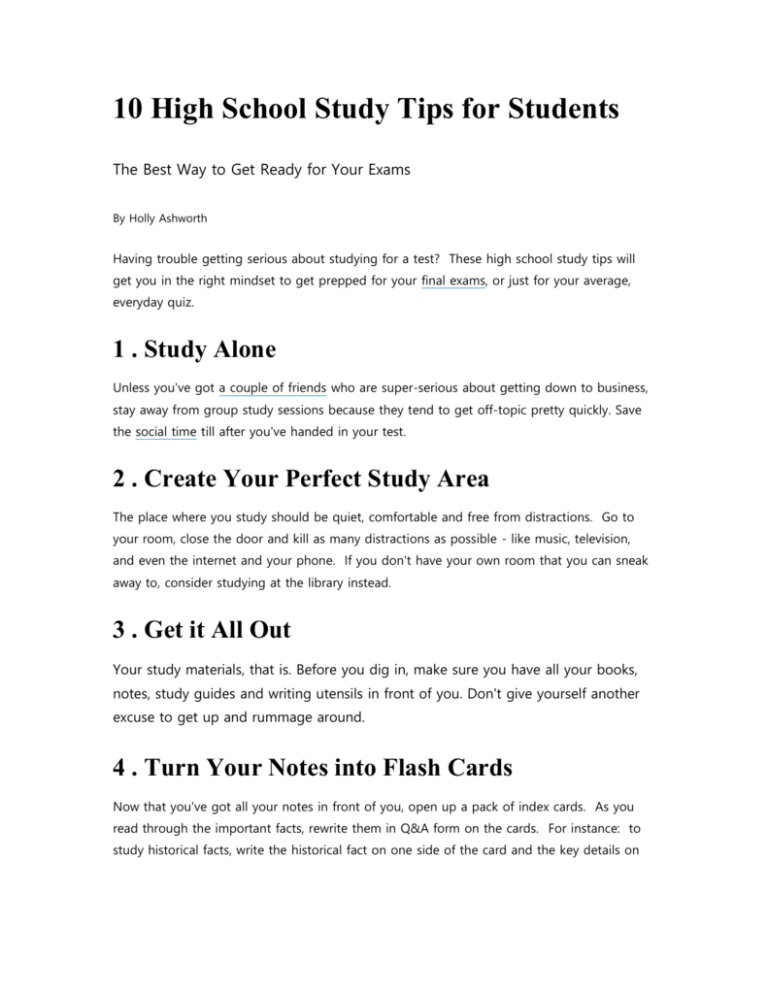
10 High School Study Tips for Students The Best Way to Get Ready for Your Exams By Holly Ashworth Having trouble getting serious about studying for a test? These high school study tips will get you in the right mindset to get prepped for your final exams, or just for your average, everyday quiz. 1 . Study Alone Unless you've got a couple of friends who are super-serious about getting down to business, stay away from group study sessions because they tend to get off-topic pretty quickly. Save the social time till after you've handed in your test. 2 . Create Your Perfect Study Area The place where you study should be quiet, comfortable and free from distractions. Go to your room, close the door and kill as many distractions as possible - like music, television, and even the internet and your phone. If you don't have your own room that you can sneak away to, consider studying at the library instead. 3 . Get it All Out Your study materials, that is. Before you dig in, make sure you have all your books, notes, study guides and writing utensils in front of you. Don't give yourself another excuse to get up and rummage around. 4 . Turn Your Notes into Flash Cards Now that you've got all your notes in front of you, open up a pack of index cards. As you read through the important facts, rewrite them in Q&A form on the cards. For instance: to study historical facts, write the historical fact on one side of the card and the key details on the other side. To study geometry formulas, right the name of the formula on one side and the formula itself on the other side. 5 . Snack Healthy While You Study If you want to stay sharp while you study, stay away from junk food. Instead, snack on studying-friendly foods like dark leafy greens, whole grains, peanut butter, milk and seafood. Feeling sluggish? Caffeine or energy drinks won't help you in the long run. Get your energy boost instead by eating a banana or an apple. 6 . Narrow it Down If you try to study every single thing your teacher's ever said, you'll go crazy. Instead, focus on the most important topics. If you're not sure what those are, read the study guide (if there is one), or ask your classmates. Once you've nailed down the important stuff, if there's still time left before the test, you can move onto the finer details. 7 . Take a Break Your brain can only take so much hard work at one time. For every hour that you study, take about 15 minutes to do something mindless, like taking a walk, listening to music or playing a computer game. (You can even take a 15-minute nap, if you're confident you can wake yourself up at the end of it.) It'll keep your stress level down and give your brain a chance to let all that information sink in. 8 . Put Yourself to the Test Once you've got your set of flash cards, test yourself with them. If you don't trust yourself not to cheat, give the cards to your parents and have them test you. Don't stop till you've made it through the whole stack without any mistakes. And be sure to bring your flash cards to school with you on the day of the test: you'll be amazed at how much more you can retain if you run through the cards right before your teacher hands out the test packet. 9 . Get Some Sleep You might be tempted to pull an all-nighter, but if you do, you'll only be hurting your chances of getting an A. Get a full 8 hours of sleep so your brain is in good shape on test day. 10 . Study All Semester Long It's tempting to hold off on studying till the last minute, especially if you tell yourself that anything you try to memorize earlier on won't really stay in your brain. That's not true. Take some time throughout the semester to review all of your notes and re-read important passages in your text book. It might seem tedious, but it'll really keep all those facts in your brain on test day. http://teenadvice.about.com/od/schoolscolleges/tp/10-High-School-Study-Tips-ForStudents.htm REVIEW TOOLS FOR TESTS Create study checklists Identify all of the material that you will be tested on-- list notes, formulas, ideas, and text assignments you are accountable for. This checklist will enable you to break your studying into organized, manageable chunks, which should allow for a comprehensive review plan with minimal anxiety. Create summary notes and "maps" Briefly map out the important ideas of the course and the relationships of these ideas. Summary notes should display lists and hierarchies of ideas. Creativity and a visual framework will help you recall these ideas. Record your notes and significant portions of text in audio format so you can review material with an mp3 player. Having a recording of important information will enable you to study while walking or relaxing in a nonacademic environment. Create flashcards for definitions, formulas, or lists that you need to have memorized--put topics on one side of the card, answers on the other. Flashcards will enable you to test your ability to not only recognize important information, but also your ability to retrieve information from scratch. Adapted from On Becoming a Master Student by David B. Ellis and How to Study in College by Walter Pauk. http://www.studygs.net/tstprp5.htm

